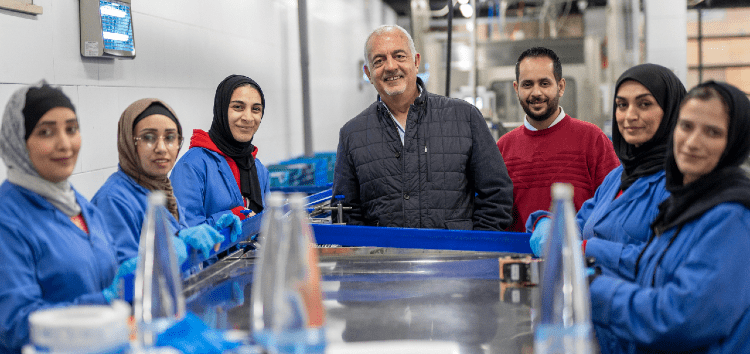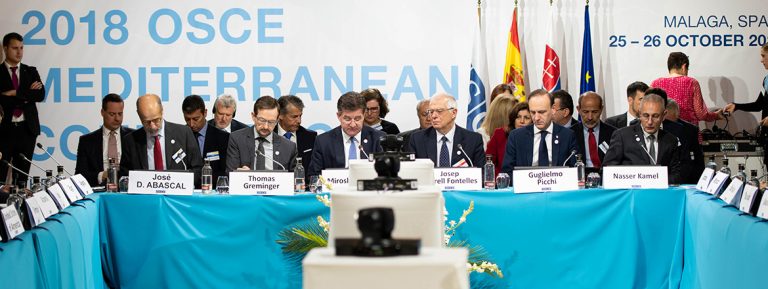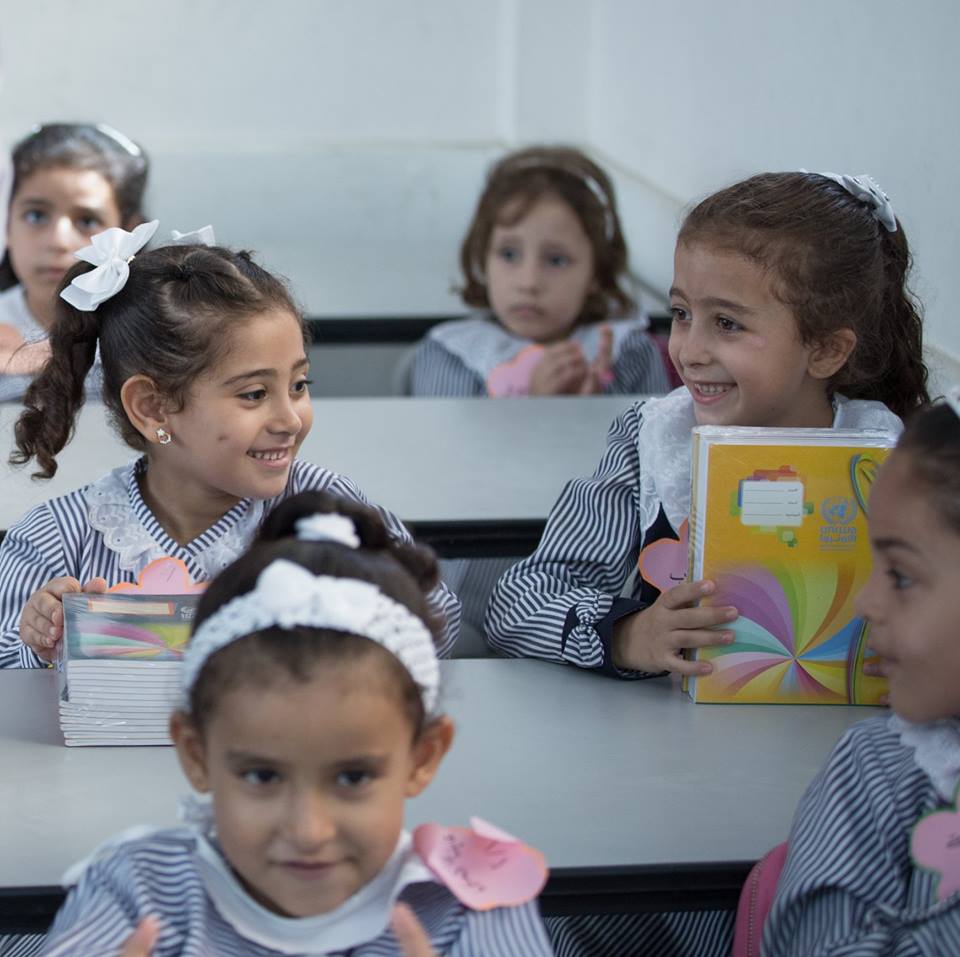EBRD, EU and GCF support Jordanian water bottling company

In a country like Jordan, where natural water sources are among the scarcest in the region, one would think that sourcing quality water would be the main struggle for a company aspiring to establish a water bottling business. But believe it or not, for Clara, a leading Jordanian company in the sector, the main issue was finding the glass bottles needed for their production.
According to Mashal Batayneh, founder of Clara, the best way to manage scarce water is to bottle it. “When we first started our company, we wanted to seek a treasure where there is only trash. We aimed to secure 1,000 clients in our first year but to our surprise we reached our goal in just the first few months.”
Established in 2017, Clara wanted to address one issue in the country: single-use plastic waste. It also wanted to compete against the huge demand for plastic-bottled water.
Although Clara was unsure if local customers would actually switch to glass after many years of using plastic, the company still decided, against the odds, to set up its company in Jordan.
“We wanted to fight the plastic problem and encourage clients to swap to glass for their drinking water,” explained Mashal.
Things started well. The company managed to import thousands of bottles of different sizes from Türkiye but after a few years their main bottle source discontinued its production. This created a huge problem for Clara, but it eventually managed to locate a new supplier in Egypt.
Going even greener
Despite the company’s already green ethos, Mashal felt they could go even further. So, to enhance sustainability, Clara applied for a loan from the EBRD’s Green Economy Financing Facility (GEFF), through Bank al Etihad in Jordan. This loan allowed the company to purchase additional reusable glass water bottles that were not readily available in the country, and a water filtration system to increase its water production capacity.
The new system uses multiple stages, including sand, carbon, nitrate and other filters to reduce total dissolved solids (TDS) in the water. After these filtration stages, 50% of the water inputted is blended with the other 50% that is sent to the Reverse Osmosis (RO) membranes for advanced filtration, , a process that contributes to environmental conservation and efficiency of the water treatment process. Not to waste a single drop in the manufacturing process, the facility also has a greywater system attached to its production line.
Now the company is manufacturing quality water from the finest wells in Jordan’s Um Al Basateen area, using the latest technology.




























 Syria
Syria 





